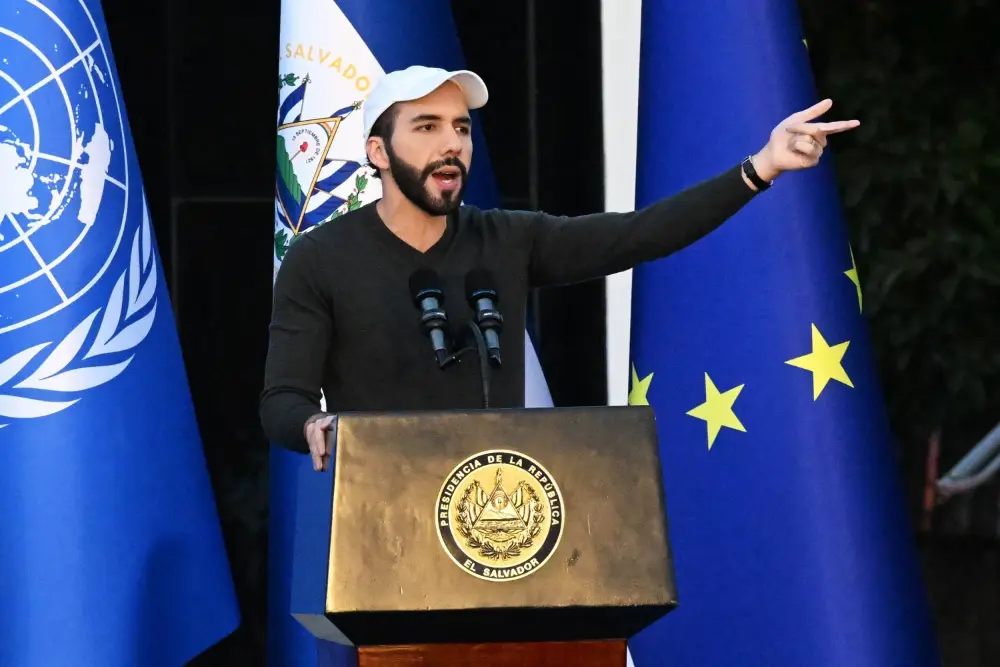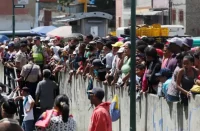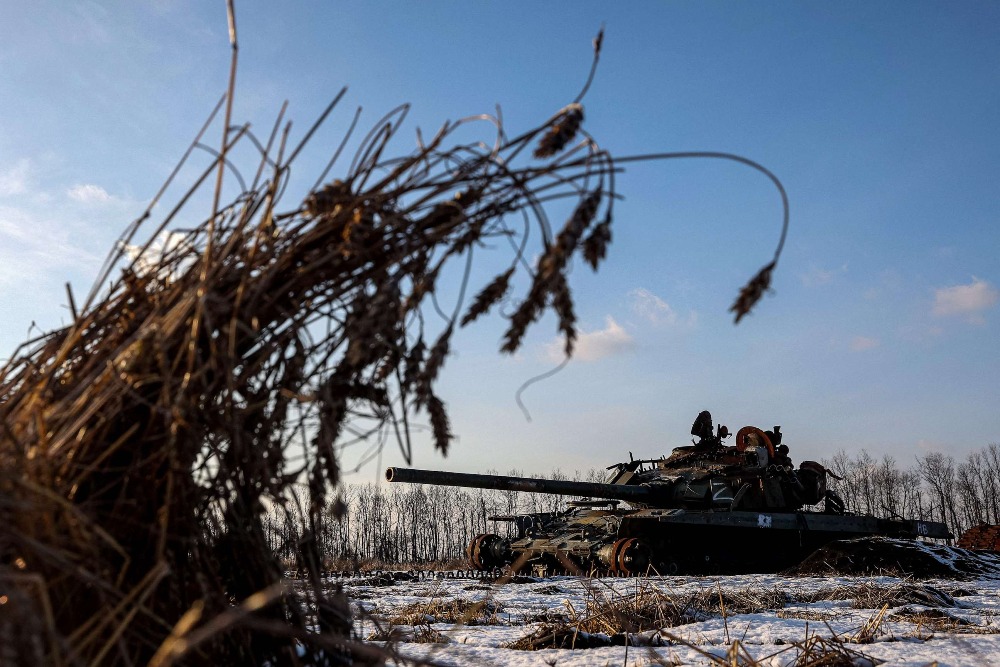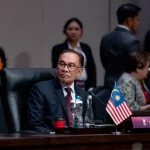After the President’s war with El Salvador’s criminal gangs began, the need arose for prisons that could house tens of thousands of people. As early as in February 2023, Nayib Bukele launched his pride and joy, the largest prison in the region, the “Terrorism Confinement Center,” where up to 40000 inmates could be detained. The prison is surrounded by a two-kilometer long and 11-meter high wall equipped with every advanced development to control the prisoners. The authorities claimed that more than 61,000 people were detained during the state of emergency, of whom only 3,000 were acquitted by the court.
As a result of these actions, El Salvador has become the country with the highest prison population in the world. There is one prisoner for every 50 people in the country. It would seem that maintaining such a large number of prisoners should have imposed the heaviest burden on the country’s budget system. But the President found a way out of this: he made the families of prisoners buy necessities and food for the detainees. Smart, isn’t it? Though it goes against all basic notions of democracy and law. The payment to the state from the families of prisoners is $170 a month. According to reports, the country’s budget receives an additional 17 million dollars a month from these payments.
As a result, El Salvador has gone from having the highest crime rate in the world to a model police state. After the 17 months of state of emergency in the country, crime rates dropped tenfold. The murder rate dropped to 2.2 per 100,000 people, a record for this country. However, this model of a police state has its downside: abuse of power by law enforcement agencies, which have acquired virtually unlimited powers; mass detentions; overcrowded prisons; and harsh conditions in penal institutions. Western media regularly publish stories that directly or indirectly allude to regular human rights violations by the Salvadoran authorities.
 Despite regular human rights violations, the President of El Salvador enjoys incredible public support. In the summer of 2023, six months after the opening of the above mentioned prison, his popularity rating peaked with 93% of the country’s population approving of Nayib Bukele. It is understandable: the inhabitants of the country, subjected to terror by bandit groups for decades, have felt a breath of fresh air in the form of the policy pursued by the current President. Human rights violations do not bother them.
Despite regular human rights violations, the President of El Salvador enjoys incredible public support. In the summer of 2023, six months after the opening of the above mentioned prison, his popularity rating peaked with 93% of the country’s population approving of Nayib Bukele. It is understandable: the inhabitants of the country, subjected to terror by bandit groups for decades, have felt a breath of fresh air in the form of the policy pursued by the current President. Human rights violations do not bother them.
It is a point of discussion in the West, where the problems are much less than in El Salvador, but when you cannot walk the street without running the risk of being murdered by the first person you meet, you begin to perceive Western institutions in a completely different way, because safety and preservation of life are more important than anyone’s rights. Nayib Bukele has taken advantage of the status quo in the country to unite with the community and thereby convert public confidence into a political course that is consolidating as the influence of the underworld on the lives of ordinary citizens wanes.
The President’s popularity can also be attributed to the fact that he is a young, energetic, and charismatic leader who is not afraid of the mafia, that oppressed El Salvador for decades. He is not afraid to use unconventional solutions in his domestic politics. For example, it was under his direct leadership that bitcoin became a legal tender in the country. It was he who followed Donald Trump’s example and began using social network X as his primary means of communicating directly with the Salvadoran voters. He has positioned himself as a politician who is far removed from the former elites, so he is able to claim that he is far removed from the underworld. These are not just words: when he came to power, it was his New Ideas party that destroyed the traditional two-party system that had flourished for the past 25 years and was closely linked to the criminal world.
Western media often criticize the young politician and claim that he has concentrated too much power in his hands in a very short period. The term “punitive populism” is often used about Bukele, which fits very organically with the measures his government has taken. On the one hand, he uses punitive measures so harsh that they are something out of the ordinary even by the standards of Latin America, which is widely known for its harsh, if not brutal, approach to combating the criminal world. On the other hand, he uses modern methods of communication with the voter, who, thanks to this, has a feeling of “direct contact” with the highest echelons of power in his country. Unique, isn’t it?
The strategy and tactics chosen by President Bukele have seen people of other Latin American countries also expressing their support for him as a benchmark in the fight against crime. People even began to demand similar methods of fighting the underworld from their heads of state. In Honduras, for example, the President had declared a state of emergency to combat rampant gang violence, following the example of El Salvador, which had an extremely positive impact. However, it went no further than that.
What makes the “Bukele model” unique is that it is not replicable and is a confluence of several factors. Attempts to fully replicate it in other Latin American countries will not succeed. Several factors came together here: the personality of the President, public dissatisfaction with the ruling class, the dominance of the criminal underworld in El Salvador, and, finally, the strategy, which has been extremely effective.














Comments